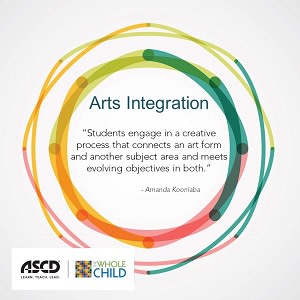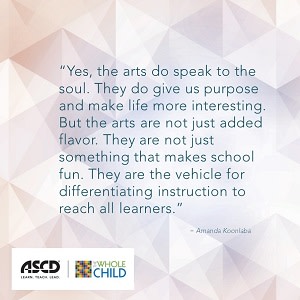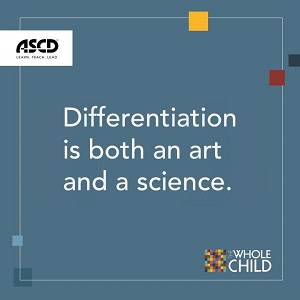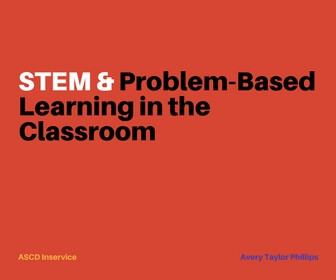“The ultimate validation of a curriculum lies in its results; that is, did it help students achieve the desired outcomes?”
Grant Wiggins and Jay McTighe
Schooling by Design (2007)
Sixty years ago, Ralph Tyler wrote Basic Principles of Curriculum and Instruction. In the Introduction to the book, Tyler outlined four fundamental questions which should be answered in developing any curriculum and plan of instruction.
Tyler’s Four Fundamental Questions:
1. What educational purposes should the school seek to attain?
2. What educational learning experiences can be provided that are likely to attain these purposes?
3. How can these educational experiences be effectively organized?
4. How can we determine whether these purposes are being attained?
The book is organized into four chapters. The first four chapters are summarized above. The final chapter is titled, “How a School or College Staff May Work on Curriculum Building.” Whether you are a beginning educator or a veteran curriculum coordinator, this timeless classic will provide direction for supporting your work and the work of curriculum development teams. This classic can be purchased on Amazon.
As you reflect on 2010, do the terms curriculum chaos, curriculum clutter, or disjointed curriculum come to mind? Rookie teachers and veteran teachers have experienced feelings of frustration when a new curriculum is implemented. Educators also experience frustration when a team of teachers spend five years developing and revising curriculum documents and then a majority of the teachers within the school slowly begin ignoring the district’s curriculum. Curriculum clutter impacts student achievement. “When school staff have a more informed conception of curriculum, a teacher’s daily decisions about how to deliver instruction not only affect student achievement in that classroom but also future student achievement, for it is assumed that students will be entering the next classroom prepared to handle a more sophisticated or more expansive level of work” (Zmuda, Kuklis & Kline, 2004, p. 122).
Teachers and administrators can benefit from Basic Principles of Curriculum and Instruction. Tyler (1949) wrote, “It is essential therefore to select the number of objectives that can actually be attained in a significant degree in the time available, and that these be really important ones.” The Tyler Rationale supports educators in identifying the important goals and objectives for each course. Whether you are beginning to develop curriculum or you are revising existing documents, take a moment to ask What Would Tyler Do (WWTD)? The answers to Tyler’s questions will provide your team with purpose and direction.





